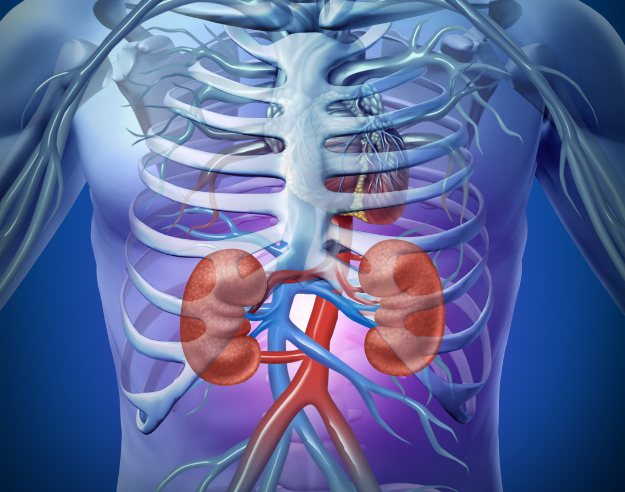

Acute kidney injury (AKI) or acute renal failure, is when your kidneys experience a sudden and often reversible decline in kidney function. When this occurs, the kidneys are not able to eliminate waste products from your blood effectively and have difficulty in maintaining the right balance of salt, acidity and fluid in your body. This will affect the normal functioning of other organs, such as the brain, heart, and lungs. It can range from a minor loss to a complete loss of kidney function.






